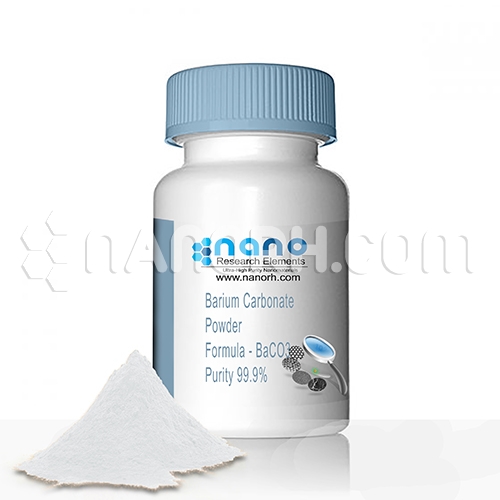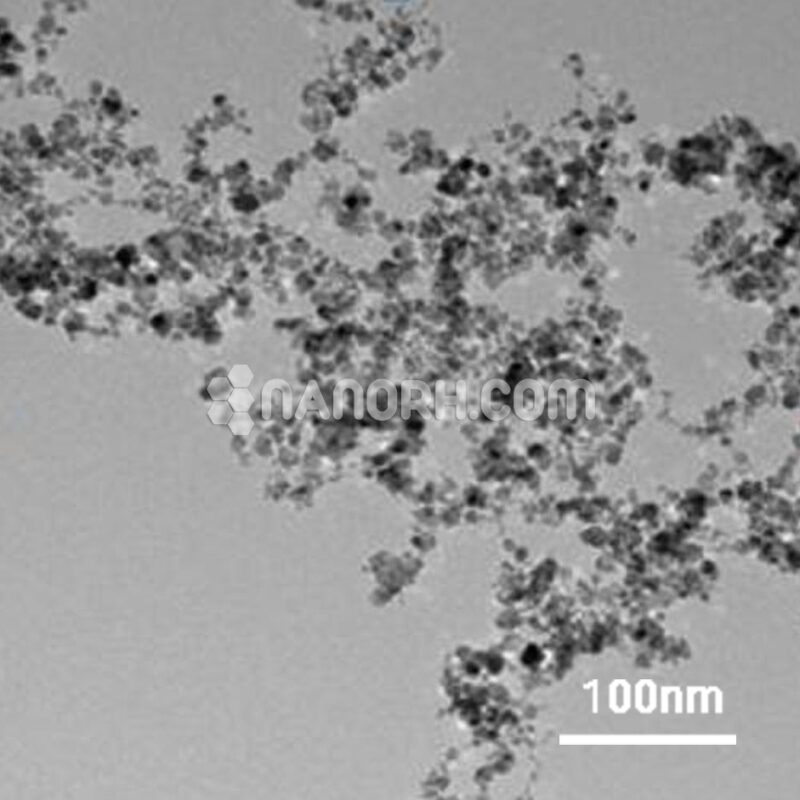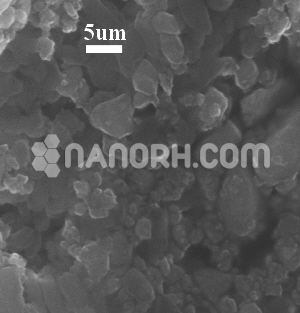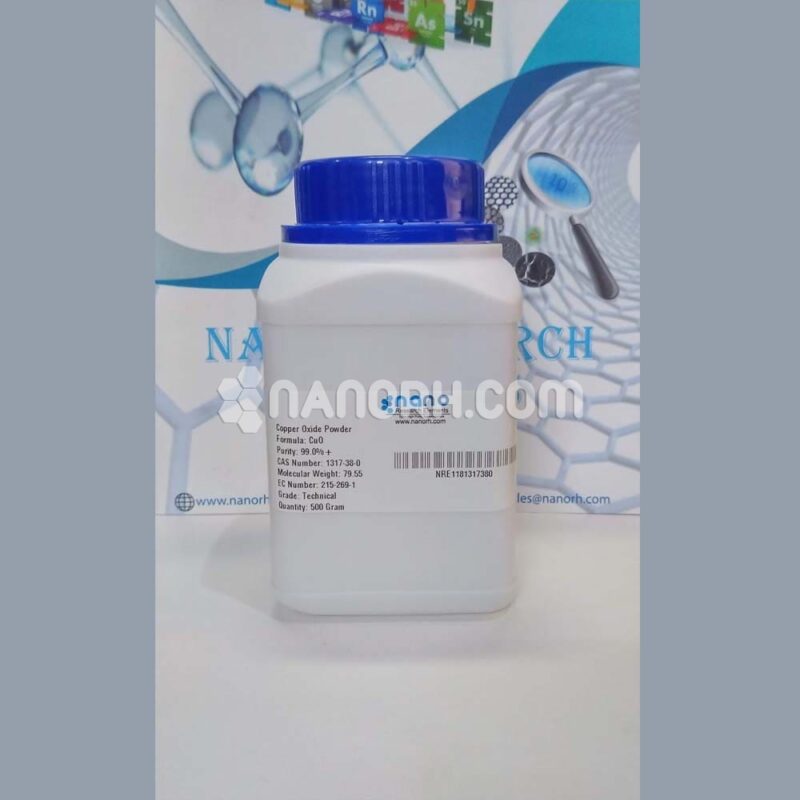| Barium Carbonate Powder | |
| Product No | NRE-11021 |
| CAS No. | 513-77-9 |
| Formula | BaCO3 |
| Density | 4.286 g/cm3 |
| APS | <40µm (Can be Customized) |
| Purity | 99.9% |
| Form | Powder |
| Molecular Weight | 197.34 g/mol |
| Certificate Of Analysis | |
| Al | 69.5% |
| C | 6.0% |
| O | 24.3% |
| Cr | 0.03% |
| B | 0.02% |
| Ti | 0.01% |
| Sn | 0.01% |
Barium Carbonate Powder
Barium carbonate powder, with its chemical formula BaCO3, finds applications in various industries due to its unique properties. Some common applications of barium carbonate powder include:
Glass Manufacturing: Barium carbonate is often used in the production of specialty glass for various applications such as television and computer screens. It aids in enhancing the optical clarity and brilliance of the glass.
Ceramics: It is employed in the ceramics industry to produce glazes and enamels for ceramic tiles, pottery, and other ceramic products. Barium carbonate helps improve the hardness, strength, and chemical resistance of the finished products.
Electronics: Barium carbonate is used in the production of electronic components, including certain types of ceramic capacitors. It helps in stabilizing and enhancing the electrical properties of these components.
Brick and Clay Industries: It is utilized in brick and clay industries as a flux, helping to reduce the melting temperature of clays and improving the quality of the finished products.
Specialty Chemicals: Barium carbonate serves as a raw material for the production of various specialty chemicals, such as barium oxide, barium chloride, and other barium compounds. These compounds find applications in industries like pharmaceuticals, specialty polymers, and catalyst manufacturing.
Steel Production: In the steel industry, barium carbonate is used as a component in the production of steel and metal alloys. It helps in removing impurities and controlling the sulfur content during the steel manufacturing process.
Other Industrial Applications: It is used in the production of barium ferrites for magnets, in the manufacturing of barium titanate for electronic devices, and in the production of other specialty chemicals and pigments.




